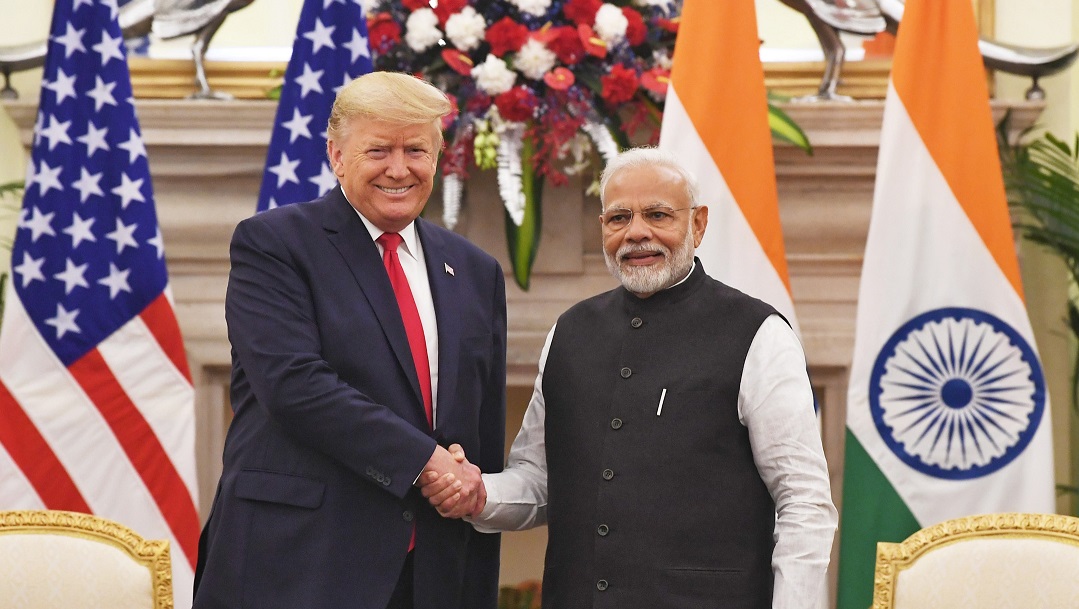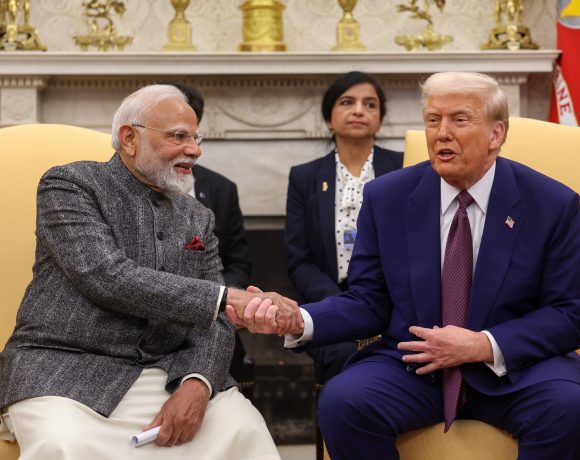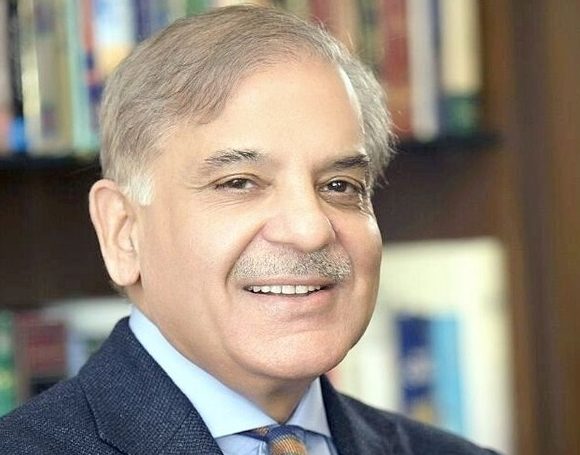
Modi Tells Trump India Prefers Dialogue Over Mediation
Prime Minister Narendra Modi has firmly reiterated India’s position against foreign mediation in South Asian affairs, informing U.S. President Donald Trump that New Delhi prefers direct dialogue and sovereign decision-making. The clarification came during Modi’s recent visit to Washington, where the two leaders discussed ongoing tensions in the region and the broader security landscape.
India mediation
Modi was unequivocal in his message: “India doesn’t want mediation.” This statement reaffirms India’s long-held policy of resolving disputes with neighboring countries, including Pakistan, through bilateral engagement rather than involving third-party intermediaries. The Prime Minister stressed that while India values strong international partnerships, it remains committed to protecting its strategic autonomy in regional matters.
Ceasefire agreed
Despite rejecting mediation, Modi revealed that India had agreed to a temporary ceasefire at Pakistan’s request. This move, he explained, was intended to de-escalate hostilities and prevent civilian casualties during a particularly volatile period. The ceasefire does not signal a shift in India’s core position but reflects a pragmatic willingness to allow a cooling-off period if it aligns with humanitarian or tactical interests.
Bilateral messaging
In discussions with Trump, Modi conveyed India’s preference for direct dialogue, emphasizing that enduring peace in the region can only be achieved through responsible diplomacy between the involved nations. He highlighted India’s security concerns, particularly those stemming from cross-border terrorism, and reiterated the importance of accountability and credible action on Pakistan’s part.
The conversation also covered the larger geopolitical implications of recent conflicts, with Modi outlining how India’s restraint should not be mistaken for weakness but understood as a strategic calculation in favor of long-term regional stability.
Strategic outlook
India’s approach—rejecting external mediation while agreeing to a Pakistan-initiated ceasefire—demonstrates a nuanced balance between asserting sovereignty and enabling de-escalation. The gesture of agreeing to the ceasefire is seen as a tactical decision, aimed at reducing immediate tensions without compromising India’s long-term position.
As South Asia continues to navigate a complex web of military posturing and diplomatic pressure, India’s actions reflect a strategic intent to lead with strength, engage with caution, and keep control of the narrative. The path forward may involve intermittent pauses in conflict, but the dialogue—if any—will remain firmly bilateral.


















